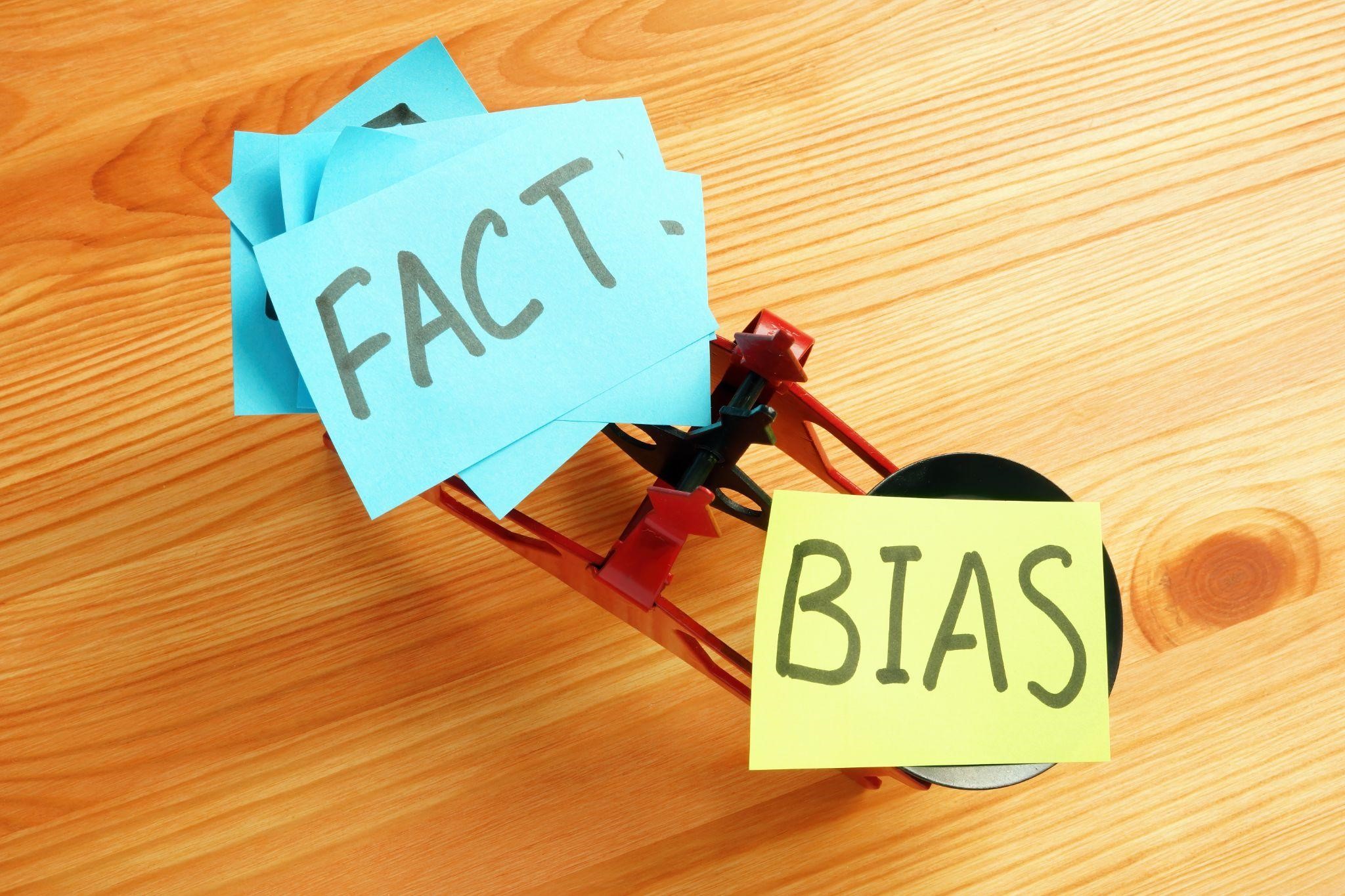
Understanding Leadership Maturity
July 18, 2024
Leadership maturity is crucial for effective leadership and is a foundation of intelligent leadership. It involves the...
Read more
SINCE 2017, THE JOHN MATTONE GLOBAL BLOG HAS BEEN RECOGNIZED BY FEEDSPOT
AS THE WORLD’S #1 LEADERSHIP & EXECUTIVE COACHING BLOG.

July 18, 2024
Leadership maturity is crucial for effective leadership and is a foundation of intelligent leadership. It involves the...
Read more
July 17, 2024
In today’s fast-paced business environment, self-awareness is a fundamental building block for effective leadership. It...
Read moreJuly 8, 2024
Intelligent leaders understand that effective leadership requires them to be both strict and easy-going. Effective...
Read moreJuly 7, 2024
As leaders, we are the catalysts for change and the architects of growth within our...
Read more
June 24, 2024
Although history often rewards authoritarian leadership, the leaders we tend to respect and consider inspirational...
Read moreJune 23, 2024
The challenges facing today’s business leaders are unprecedented in history. This is not to say...
Read more
June 20, 2024
Great leadership is the key to a growing and prosperous organization. We rely on leaders...
Read more
June 19, 2024
Most leaders associate critical thinking skills with achieving high-level performance and superior problem-solving abilities. Modern...
Read moreJune 12, 2024
The age-old debate of a “natural born leader” has been present in the leadership world...
Read more
June 11, 2024
“Character, in the long run, is the decisive factor in the life of an individual...
Read moreMORE DETAILS COMING SOON